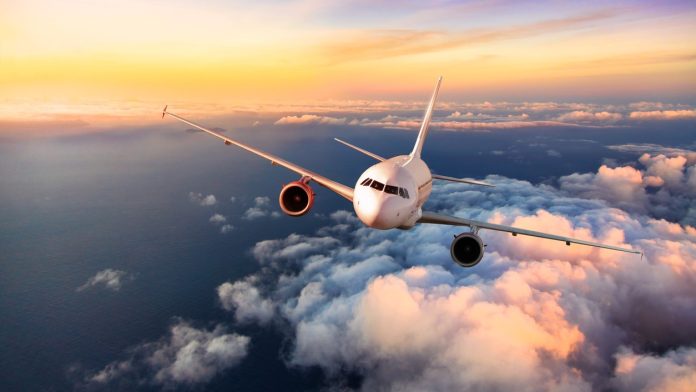In 2021, tourism was among the sectors that started to recover from the COVID-19 pandemic, according to early estimates published by Eurostat, the European Union’s statistics office. This is the first year of excluding the UK, and figures were not available from Ireland, France and Cyprus. The travel outlook for 2022 is positive.
In 2021, the number of nights spent at EU tourist accommodation establishments totalled 1.8 billion, up by 27% compared with 2020, but down by 37% compared with 2019.
The largest increases were recorded in Greece, Spain and Croatia, with surges of over 70%. These heavily tourism-focused countries adopted less severe entry restrictions and did so for shorter durations. Latvia, Slovakia and Austria saw decreases, reporting drops of up to 18%.
When comparing 2021 with the pre-pandemic year of 2019, the most affected countries were Latvia, Slovakia, Malta and Hungary, with drops exceeding 50%. At the other end of the scale, Denmark and the Netherlands reported drops of less than 20%.
Non-residents of the country spent more nights in 2021 compared with 2020. This increase was attributed to the share of guests from other EU countries (from 21% in 2020 to 24% in 2021), while the share of guests from the rest of Europe and the rest of the world stayed the same (5% and 3%, respectively).
Domestic tourists in E.U. member states represented 68% of the nights spent in short-stay accommodations, while visitors from other nations within the E.U. accounted for 24%. 5% of the remaining portion came from other European countries outside the bloc, and the rest of the world contributed only 3%.
The latest Oxford Economics report on prospects for European tourism in 2022 suggests that the travel outlook for Europe remains positive, with demand projected to be just 20% below pre-pandemic levels in 2022, fuelled by domestic and intra-European travel demand. Domestic travel is expected to exceed pre-pandemic peaks this year, while rapid intra-regional demand will also be a key factor.
Another Oxford Economics report on the tourism effects of Russia’s invasion of Ukraine says:
- Ukraine and Russia will suffer significant impact in terms of inbound travel, and there will be immediate and direct impacts across other destinations due to weaker economic conditions. Russia and Ukraine outbound travel accounted for 5.4% of global international trips in 2019.
- Sanctions have already weighed heavily on the Russian economy and will significantly impact travel and economic activity in Russia and beyond.
- In the short term, countries that rely on Russian and Ukrainian visitors will be affected as travel from both countries will be limited. Larger impacts are expected in terms of travel from Russia.
- Over the longer term, the effects of airspace restrictions and rising oil prices could feed through into ticket prices, depressing the recovery of international travel, while supply disruptions in terms of oil, gas and food supplies will feed through to already high inflation rates in Western economies, especially in Europe.








 ©2024 All rights reserved LaingBuisson
©2024 All rights reserved LaingBuisson 


